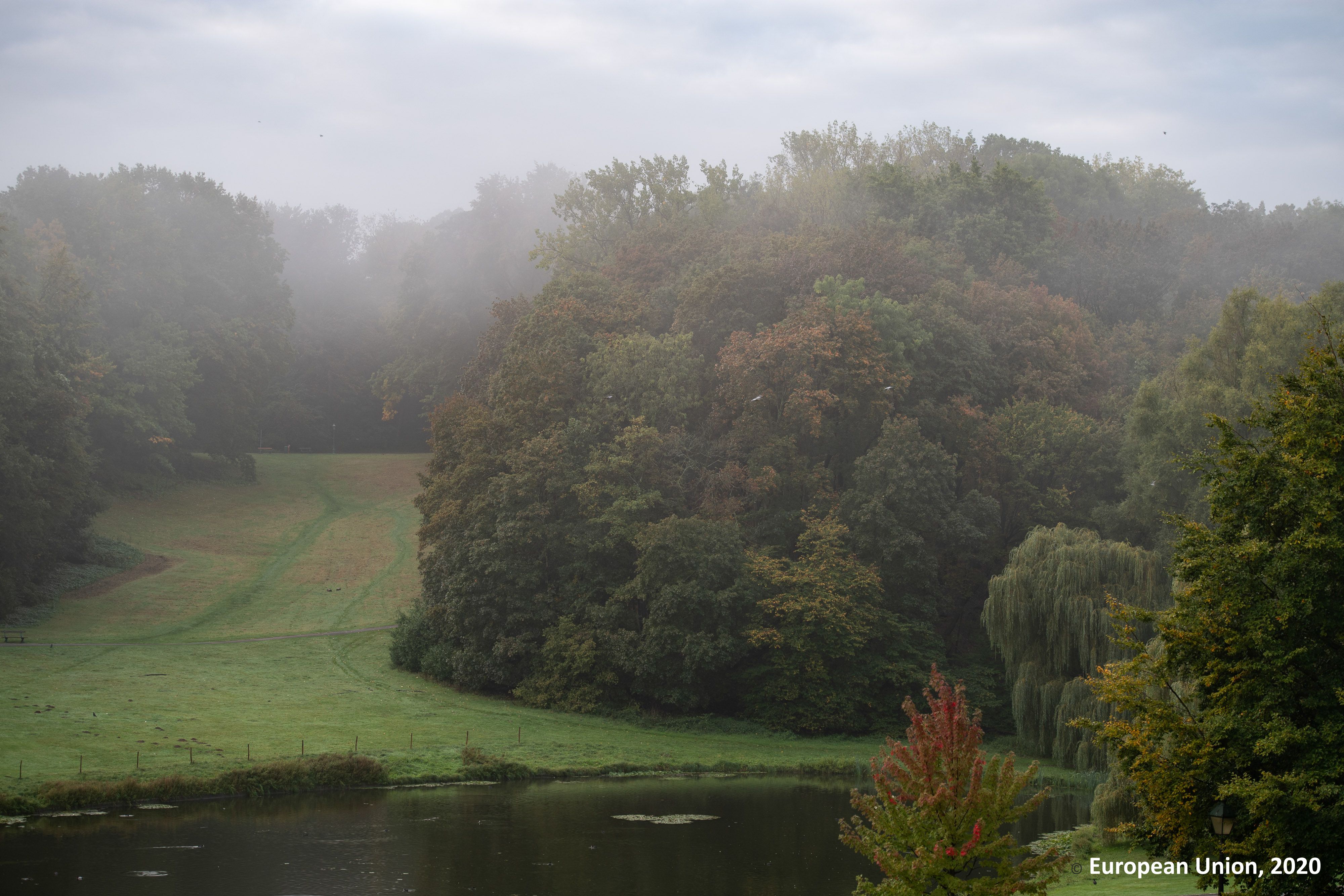"The European Parliament adopted the revised Drinking Water Directive with a large majority. Agreement on the text had previously been reached with the Council of Ministers. The agreed text provides for strict thresholds for possible contamination and at the same time improves access to tap water for vulnerable people," explained the health spokesperson for the largest political group in the European Parliament (EPP, Christian Democrats) Dr Peter Liese.
"Water is the very basic need for all our lives. 20 years after the first Drinking Water Directive came into force, it was time to update and tighten the limits for certain pollutants. For the European Parliament, it is of utmost importance that the new directive makes our drinking water even safer and takes into account newly emerging pollutants. Thus, I welcome that we have included new rules for microplastics and endocrine disruptors such as bisphenol A. The latter can pose a real threat to human health. However, it is important that bureaucracy and requirements for measurements do not become too much of a burden," said the MEP.
The new rules also aim to improve access to tap water. "With the agreed text, we are also taking an important step to respond to the first successful citizens' initiative on access to water. Drinking fountains will soon be available in many public places. Tap water is much better than mineral water, which often has to travel long distances. On average, a litre of mineral water pollutes the environment 1,000 times more than a litre of tap water," said Liese.
"I also think it is a good idea to give tap water away for free or for a small price in restaurants. However, we as the European Union should not dictate this to restaurant owners. We need support for restaurant owners who go this way and we need to provide much more information to the public, the market will regulate the rest. Not everything that seems reasonable should be regulated from Brussels. That's why the current compromise is better than the original position of the left groups in the European Parliament," Liese concluded.


